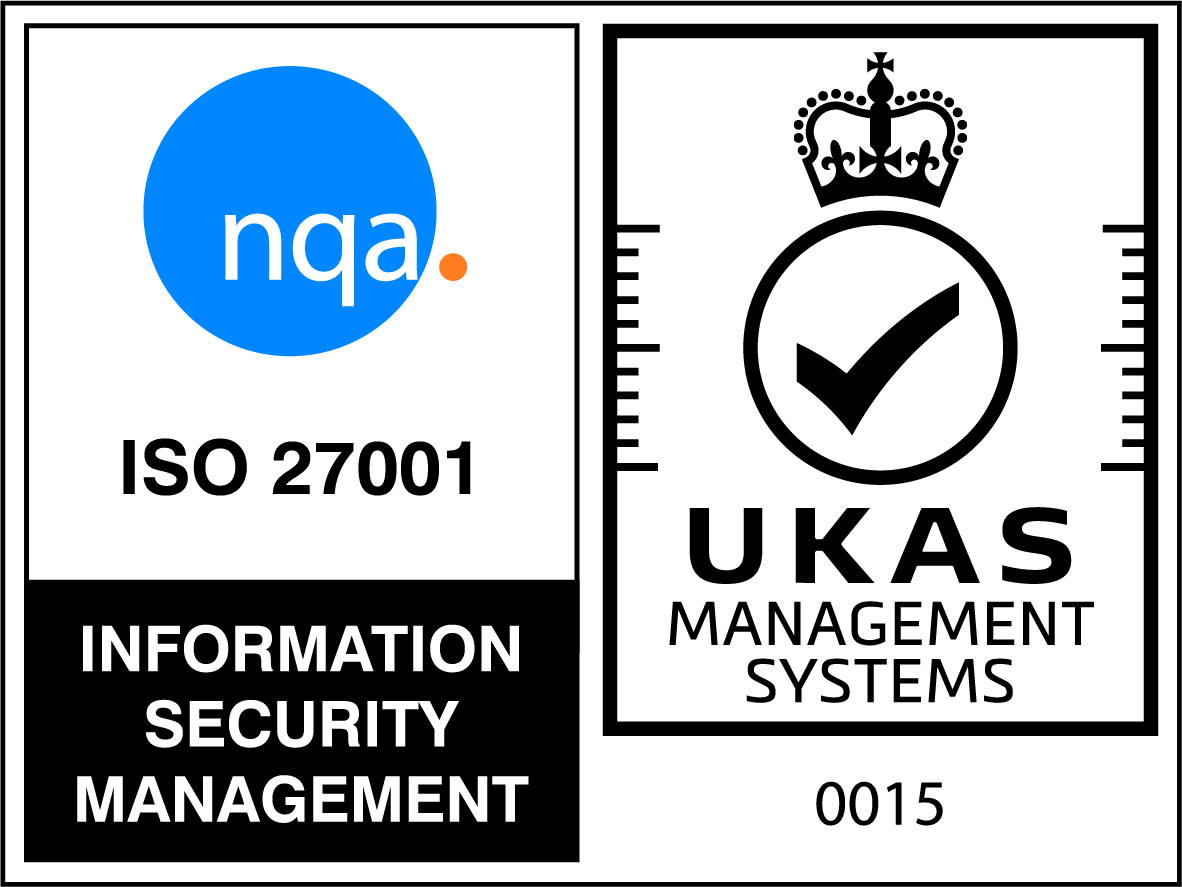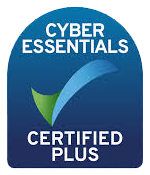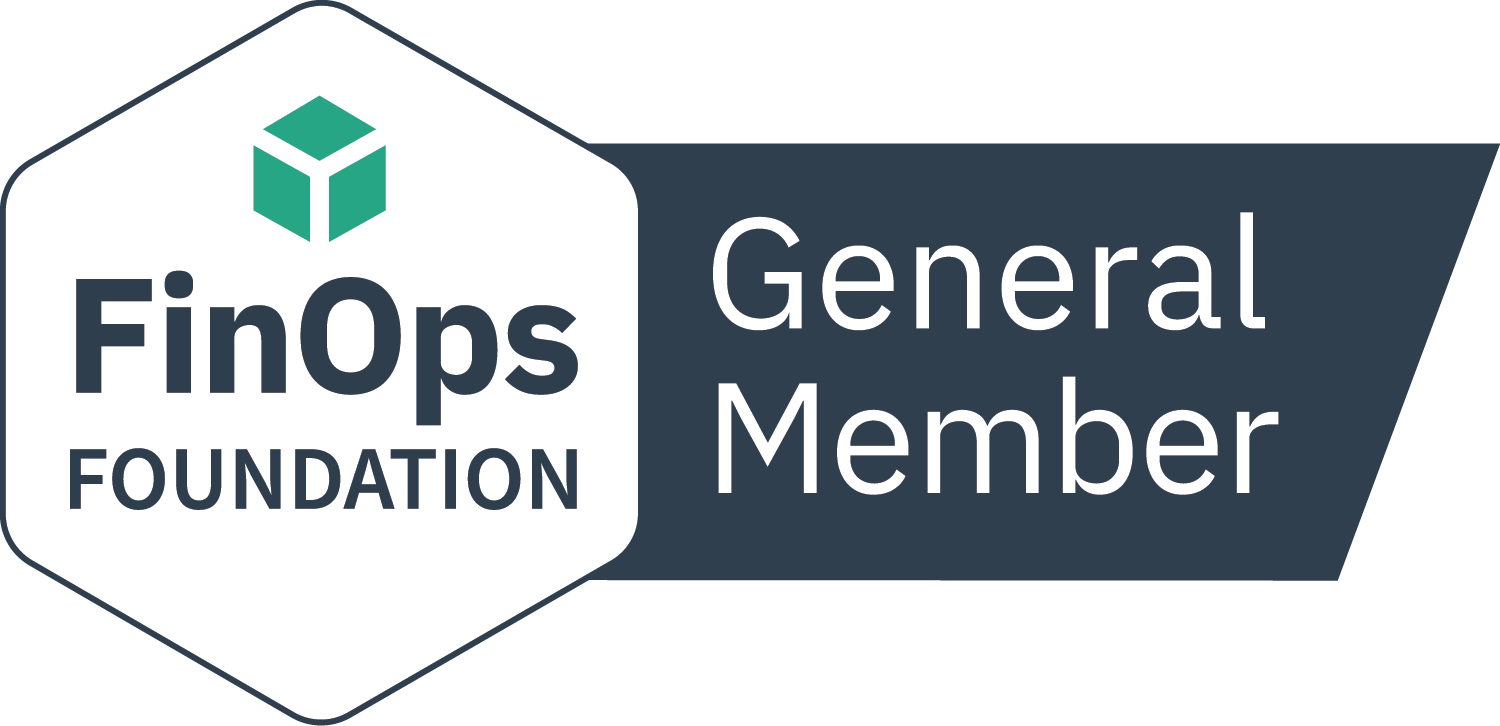How can you avoid Microsoft software piracy? Why is this important?
With the increase in cybercrime being directly linked to malware impacting pirated software, it is no surprise that Microsoft is upping the ante in places like Australia in an effort to catch the offenders.
To ensure that you do not fall prey to pirated Microsoft software, they issued an overview of the different types of piracy and how to avoid them, which we have summarized below.
Hard Disk Loading (installation piracy)
This occurs when a system builder installs (and typically activates) one license onto multiple devices, then sells the devices without accompanying software licenses. The system builder avoids the license costs, but typically charges the customer for the illegitimate software. Customers may remain unaware of any pirating until they encounter issues.
To avoid this if you are a system builder, ensure you are providing your customers with a genuine, fully licensed version of software to accompany software you have installed on a new PC. Microsoft OEM Software is designed specifically for this purpose, and can be purchased from Microsoft Authorized OEM Distributors.
Online Downloads of Microsoft Software
This is software distributed illegally via peer-to-peer networks or downloaded through unauthorized sites. This software often contains harmful malware and viruses that can put users at risk.
To avoid this, only download Microsoft software from sites you know are legitimate, such as the Microsoft Store. Never download from any peer-to-peer networks, BitTorrent index sites, or one-click file hosting sites.
Standalone Certificates of Authenticity (COAs)
Standalone COAs are COAs that are sold by themselves, without the accompanying software they authenticate. They are often branded as “excess inventory” or “unused labels” and are often counterfeit versions of COAs. Purchasing standalone COAs and passing them off to unsuspecting customers is a form of piracy.
COAs should never be sold, shipped, or purchased on their own, without being affixed to a PC or sold with related Microsoft software (either full packaged product or Microsoft OEM software acquired by system builders).
Leaked Volume License Keys (VLKs)
Microsoft Volume Licensing Agreements for large organizations provide Volume License Keys (VLKs) for Microsoft product activation in certain scenarios. The unauthorized distribution of these VLKs, outside of the organization to which they are tied, is a form of piracy.
Only those devices that are a part of the organization with the Volume Licensing Agreement may use their assigned VLKs. VLKs are never legitimate when sold or distributed outside of the organization to which they are tied. Never purchase or illegally use or download a VLK.
Online Auction Sites
Pirated or unauthorized software is often distributed via online auction sites, where sellers take advantage of unsuspecting buyers. Sellers may be offering second-hand product, previously activated product, stolen or used COAs, illegally copied DVDs, etc. Buyers are often left without recourse once they discover they have been a victim of piracy.
Be careful when buying from online auction sites. Ask important questions. Does the software come in its original packaging? Does it include all necessary components? Is the price too good to be true? Is it being sold by a reseller you know and trust?
If you have any questions on your Microsoft licensing please get in touch.

